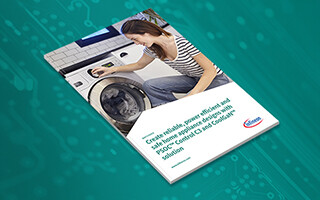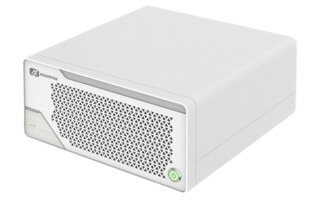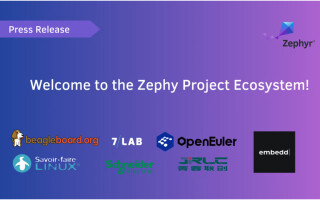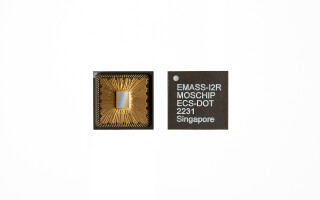Qoitech Expands Product Portfolio by Introducing the Otii Automation and Otii Log Toolboxes
September 24, 2020
News

Otii Arc is a power analyzer, log sync and power supply all in one, making it the ultimate tool for any developer wanting to design highly energy-efficient IoT products.
With their Otii Arc, Qoitech already laid the foundation for their vision of a set-up of cost-effective tools that are comprehensive enough to tackle the tricky technical challenges of energy optimization, yet flexible enough for different aspects of the product development.
Otii Arc is a power analyzer, log sync and power supply all in one, making it the ultimate tool for any developer wanting to design highly energy-efficient IoT products. Qoitech now complements its hardware with the brand-new software toolboxes exploiting Otii Arc's full potential.
It all started with the Otii Battery Toolbox as a first toolbox to help developers and verification engineers understand the magic of batteries and how they fit into their application - for real and not just through the lens of an inadequate excel sheet calculation. Way too often, you only get 20% out of the capacity that you just estimated (https://www.qoitech.com/blog/3-best-practices-for-long-battery-life-of-iot/). And then you should ask the question whether you are willing to deliver all your sensors to your customer knowing that they may fail within two weeks of deployment, even though you promised years of battery life.
The new Otii Automation Toolbox is assisting developers and teams to stick to the low power mindset by automating - very much needed - repetitive tasks and measurements. Extensive tests and verifications are essential for quality assurance (QA) within product development, regardless of hardware or software. Following up on the power consumption throughout the project, understanding deviations and optimizing accordingly should be a natural part of QA work. Whereas for hardware, these workflows are being implemented, it is equally applicable for software development - for instance, by incorporating and tracking KPIs on power consumption within a continuous integration set-up. At the end of the day, you can have all the low power hardware that you want but if the software is not energy-optimized, your product might not live as long as you might expect it.
The new Otii Log Toolbox log is an excellent complement to the UART log sync feature in the standard software of the Otii Arc. It allows for a correlation between the measurements with imported logs from external sources. The sources can be network simulators or network protocol analyzer. The energy consumption of a device is as much of a result of the ecosystem it is part of, as it is of the device itself. Taking information from the network on activities and signaling (https://www.qoitech.com/blog/analyzing-power-consumption-of-cellular-iot-devices-with-otii-and-a-network-simulator/) to then correlate them with the performance of the device, is an insight that can have a tremendous impact on the deployment of IoT sensors and products.
The Otii Software Toolboxes will give developers and engineers the freedom and flexibility to create the perfect set-up tailored for different parts and stages of the development and verification process. Some toolboxes you may use daily, some more intensively during a specific phase of the project, be it in the lab, bench, or field.
Further, Qoitech offers each toolbox with its specific feature sets individually, for their customers to equip their team for their everyday low-power development work as cost-efficient and as specific as possible. Also, the toolboxes can be shared between individuals and teams.
Wouldn't it be awesome if energy optimization was an integral part of your team's day as the first coffee cup in the morning? Qoitech will bring you one step further.
For more information, visit: https://www.qoitech.com/





